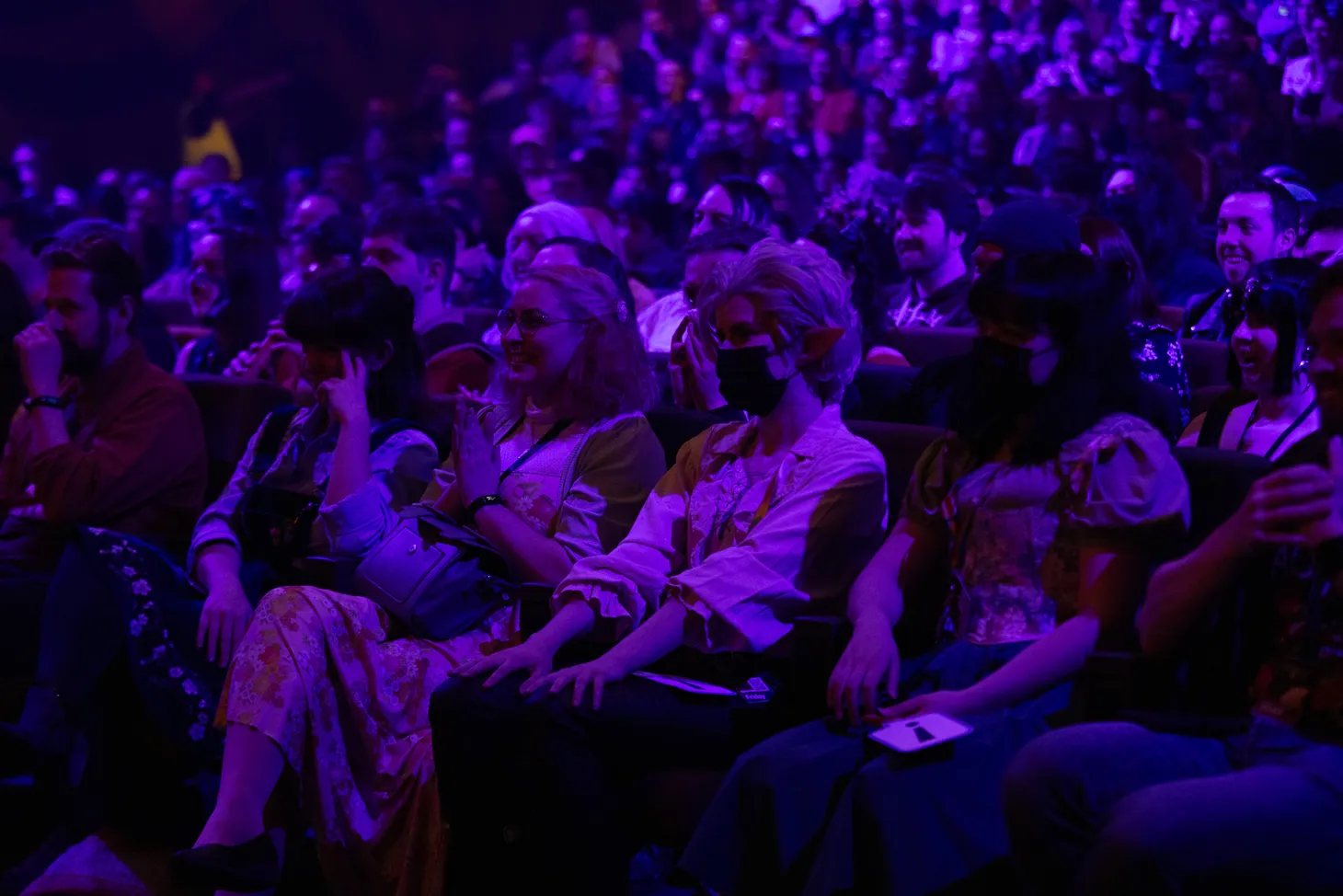Blunt instruments won't solve the social media challenge
Parents are absent from the picture as politicians skip science to enact bad laws that create some nice feelings but do nothing to solve real problems.

I've tried a few times over the years to run some educational content for parents on how to manage technology in the home. How to safely introduce tablets and phones. How to encourage positive engagement with online platforms.
I've stopped trying. After a few explorations and conversations with parents I came to the conclusion that many are, yes, deeply concerned with what their kids do online and how they use tech too much. But the second you start offering suggestions they quickly arrive at the same set of thoughts again and again.
"Oh, it's too hard."
"I can't imagine doing that."
"Do you know how they'd react?"
"It's not worth the argument."
Again and again, I have been shown that parents want to worry but do not want to act.
Now my arguments are generally about doing pretty standard parenting things...
- Set boundaries, like:
- no phones after 9.00pm
- no devices in bedrooms
- Chat with your kids about what they've been doing online
- Ask them to tell you about friends they've made online
- Make sure they know they can tell you if something uncomfortable happens online
- Ask them to show you their favourite games and why they love them
- Model good behaviour, like:
- don't use your own phone while watching TV
- if you grab your phone in front of them, explain what you are using it for
- (if there wasn't a good reason, should you be doing it?)
There is nothing in that advice I have not done with our own kids. But the most fundamental is communication. We talk. We listen. We modified rules as our kids offered good reasons for wanting to do things.
It's complicated, but it's parenting.
So now we arrive at this year's sudden rise in political interest in social media's impact on teenagers. And the inexorable slide toward talk of age limits. An effort to pass laws where good parenting would be a lot more helpful.
Many very smart scientists have written great words, offered well researched solutions, and debated the bad takes about this rise in interest, triggered by some pop psychology books that cherry pick data and ignore external forces that could also explain rising anxiety amongst teens.
Climate change? Wildly dangerous political rhetoric? Unaffordable housing? Growing up in a pandemic? No, it's the social media platforms that caused it.
I'm no fan of letting social media platforms algorithmically spam kids and teens with random nonsense. Just as I'm not a fan of them algorithmically nudging our elders toward conspiratorial nonsense. But is anyone wondering if we should ban people over a certain age because they're not very good at discerning reality from fiction on the Internet?
People certainly face risks when encountering any social environment, including social media. This then triggers the next question: Do some people experience harms through social media? Absolutely. But it’s important to acknowledge that most of these harms involve people using social media to harm others. It’s reasonable that they should be held accountable. It’s not reasonable to presume that you can design a system that allows people to interact in a manner where harms will never happen. As every school principal knows, you can’t solve bullying through the design of the physical building. (danah boyd)
I attended a recent talk by a prominent neuroscience researcher who talks a lot about what they see as very real physiological impacts of digital media platforms and video games on young brains. A room full of parents gasped at some of the claims made, and it felt like they were positing these issues as an existential crisis for our next generation.
During Q&A, I asked where the role of parents was in this discussion. What should they be doing to encourage positive digital behaviours at home. Sadly, her answer began by offering parents their excuses once again. It is hard to keep up. They're so busy these days. It's a lot.
Once again... the room was given their comfort zone for being worried but choosing to do nothing about it.
But then... "banning is not the answer." A pleasant surprise. A clear statement that we need to solve the issue with cultural actions and not simple and wildly difficult to enact laws to somehow say 'We did it. We saved the kids'.
"The results are in and the science is settled."
Finally, a politician is speaking up on climate change. [checks notes] Oh, sorry...
It feels unconscionable to hear a politician say this about social media research around its impact on kids and teens. But Peter Malinauskas started his phase of last week's Social Media Summit by undermining the actual Australian researchers in the room who wanted to discuss real options for real improvements to online safety.
I'd buy into schools banning phones in classrooms. Reducing distraction during education seems a grand idea. But we also don't want to force teachers to spend all day policing phones instead of teaching. My kids have plenty of stories of all the ways their classmates dodge doing actual work in favour of goofing off online. Does the phone really make a difference if the laptop is also on the desk?
I have to ask where the parents and caregivers are in this equation. Most kids in our primary schools today are likely to be children of young Gen Xers and Millennials. They kinda know how to use their tech! But it seems like we're basing policy on Baby Boomer mindsets about 'kids these days and their bloody phones'.
Wouldn't creating better tools to support parents in establishing good habits in a digital savvy household be a smart if boring path into the coming decade? There's some great Australian bodies trying to do the hard work on this. Real work, based on real research, talking to kids and teens about their experiences too. Throw them more money so they can scale their work more effectively.
Meanwhile, let's actually hold platforms accountable for the way their algorithms promote harmful misinformation and harmful subcultures. And lets hold the people doing bad things online to account in the same way we try to in the real world.
Sure, maybe the adults will just ignore the tools and prefer to keep worrying. But bad laws won't fix anything in a house where kids do as they please and no one takes the time to care about what they're doing on their screens.
Byteside Newsletter
Join the newsletter to receive the latest updates in your inbox.


